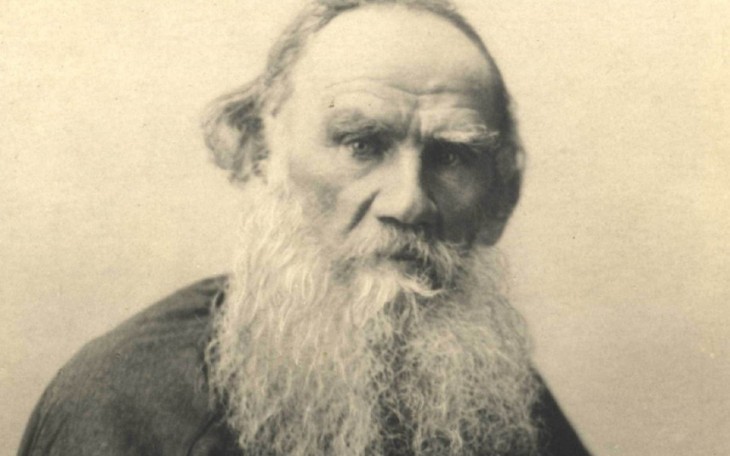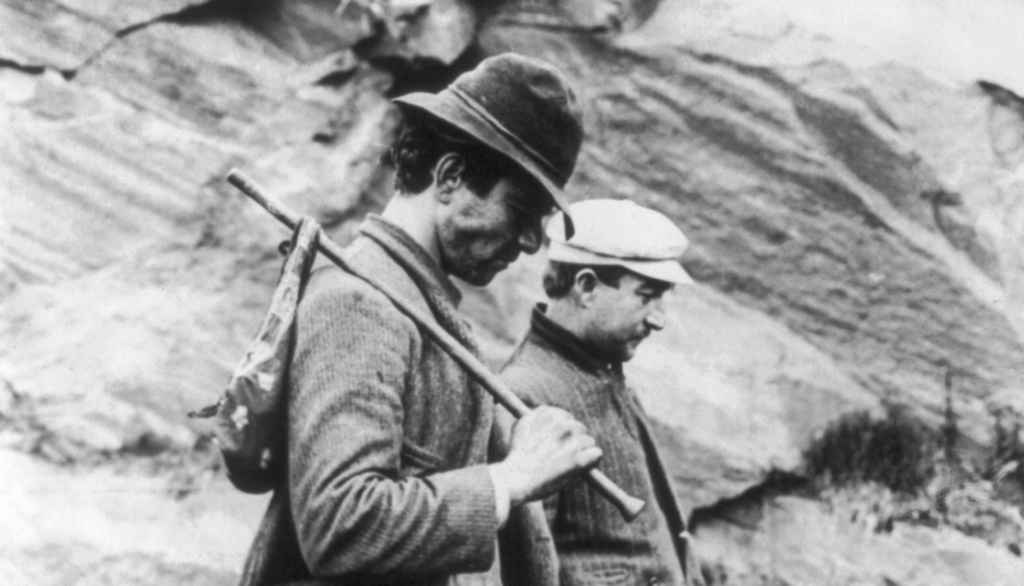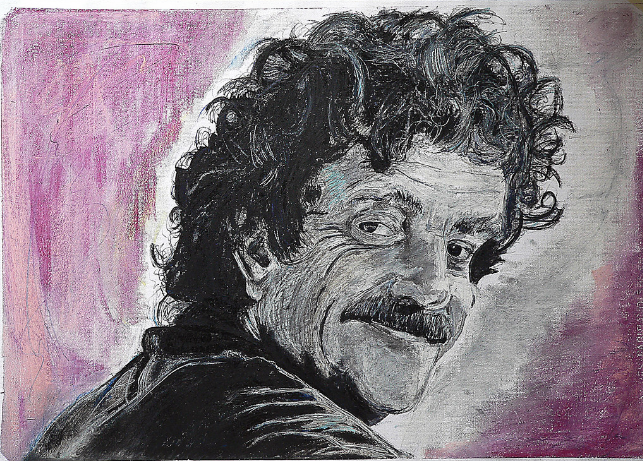Who wants to be a billionaire?
A few years ago, Forbes published author Roberta Chinsky Matuson’s sensible advice to businesspersons seeking to shoot up that golden ladder. These lawful tips espoused such familiar virtues as hard work and community involvement, and as such, were easily adaptable to the rabble—artists, teachers, anyone in the service industry or non-profit sector…
It must pain her that so many billionaires have been behaving so badly of late. Let’s hope so, anyway.
While there’s nothing inherently wrong with aspiring to amass lots of money, the next generation of billionaires are playing fast and loose with their souls if their primary role models are the ones dominating today’s headlines.
Wouldn’t it be grand if they looked instead to the Hobo Ethical Code, a serious standard of behavior established at the Hobo National Convention of 1889.
Given the peripatetic lifestyle of these migratory workers, it was up to the individual to hold him or herself to this knightly standard. Hoboes prided themselves on their self-reliance and honesty, as well as their compassion for their fellow humans.
The environment and the most vulnerable members of our society stand to benefit if tomorrow’s billionaires take it to heart.
The Hobo Ethical Code
1. Decide your own life; don’t let another person run or rule you.
2. When in town, always respect the local law and officials, and try to be a gentleman at all times.
3. Don’t take advantage of someone who is in a vulnerable situation, locals or other hobos.
4. Always try to find work, even if temporary, and always seek out jobs nobody wants. By doing so you not only help a business along, but ensure employment should you return to that town again.
5. When no employment is available, make your own work by using your added talents at crafts.
6. Do not allow yourself to become a stupid drunk and set a bad example for locals’ treatment of other hobos.
7. When jungling in town, respect handouts, do not wear them out, another hobo will be coming along who will need them as badly, if not worse than you.
8. Always respect nature, do not leave garbage where you are jungling.
9. If in a community jungle, always pitch in and help.
10. Try to stay clean, and boil up wherever possible.
11. When traveling, ride your train respectfully, take no personal chances, cause no problems with the operating crew or host railroad, act like an extra crew member.
12. Do not cause problems in a train yard, another hobo will be coming along who will need passage through that yard.
13. Do not allow other hobos to molest children; expose all molesters to authorities…they are the worst garbage to infest any society.
14. Help all runaway children, and try to induce them to return home.
15. Help your fellow hobos whenever and wherever needed, you may need their help someday.
Related Content:
How to Live a Good Life? Watch Philosophy Animations Narrated by Stephen Fry on Aristotle, Ayn Rand, Max Weber & More
The Power of Empathy: A Quick Animated Lesson That Can Make You a Better Person
Rules for Teachers in 1872 & 1915: No Drinking, Smoking, or Trips to Barber Shops and Ice Cream Parlors
Ayun Halliday is an author, illustrator, theater maker and Chief Primatologist of the East Village Inky zine. Her play Zamboni Godot is opening in New York City in March 2017. Follow her @AyunHalliday.




